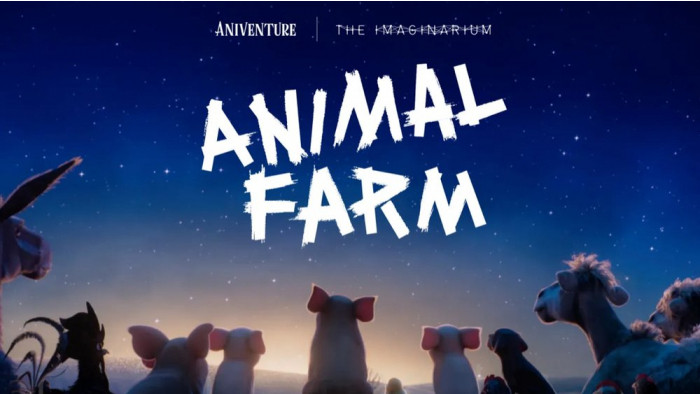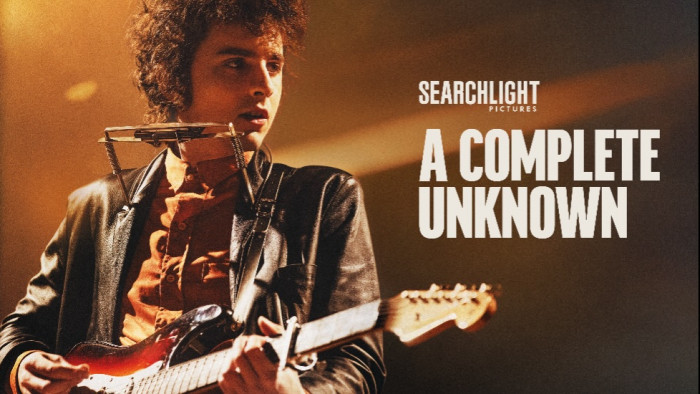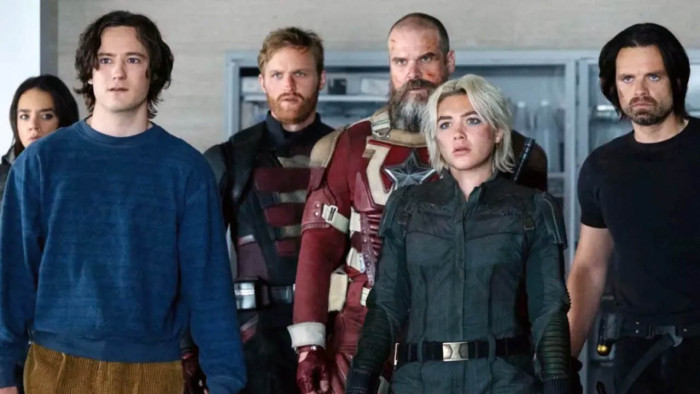Danny Wallace on the science behind true friendship
"If science is correct, I will never make another new friend again"


There was this study a couple of weeks ago – released by the University of Kansas – that stated that for two people to become friends they have to spend 90 hours together.
Spending 90 hours with someone is also the best way to ensure you do not become friends, of course. You can learn almost too much about somebody in 90 hours. But I don’t think they meant those hours had to be consecutive, nor spent in handcuffs. And it went further: to become close friends, you had to up that number to 200.
I remember reading that and shaking my head. Who’s got 200 hours? I realised in that moment: if science is correct, I will never make another new friend again.
In some ways I don’t mind. I am content to stay friends with the people I’ve got, and simply watch as we disappear one by one over the years until there’s only one of us left, and he just sits on a park bench somewhere on his own.
Because at some point, we move from a time when life is all about new people and new friends – when literally the next person who walks into the playground or the university canteen could be your next BFF – and into a period where you just work with what you’ve got. But life isn’t all science; there’s magic. And if there’s magic in the air, you can make a friend not in 90 hours but 90 seconds.
Years ago, as I’d approached 30, I’d made a concerted effort to find some of the boys from my childhood. Science told me that if they were subject to the same rules and conditions as I had been, they would now no longer be boys, but men instead. But would there be any magic? I decided to get back in touch, but not in the way most people do these days. I wasn’t interested in maintaining a friendship over Facebook, say, and making do with clicking ‘like’ on a rant about a washing machine.
I wanted to hear them rant about a washing machine face-to-face. It would be face-to-Facebook.
I wanted to just turn up, out of the blue, wherever their front door was nowadays, and knock on it, and say “are you coming out to play?”, just like we used to.
And so I did. I drove places.
I got on trains. I turned up, I knocked on doors. And I re-met friends from primary school, and high school – like Mikey, Anil and Simon – and we reconnected instantly, forging new friendships from old, and exchanging deep and detailed face-to-face views on current advancements in washing machine technology. It was magic.
But in some ways that sense of looking back to past male friendships made me realise also that I make far fewer new friends these days. And I wonder how healthy that is. But it’s a hassle, right? Bonding, investing time, even just talking becomes an effort. We are closed shops, one step away from conducting formal friendship interviews, studying CVs from interested applicants, and rejecting them out of hand because they like the wrong music or they talk a bit too loudly in bars. And even then you never actually meet up. You plan to, you talk about it, you say vague things like “be good to meet up” or “let’s have a beer soon” and you forget about it, and them, and another friendship withers on the vine.
The evolutionary psychologist Robin Dunbar is the inventor of ‘Dunbar’s number’ – a measurement of how many people we can maintain stable relationships with before our brains explode. You can read his whole paper if you like, though if you’re pushed for time, the answer is 150. But I have to wonder if I’m anywhere close to 150. I sort of feel like I’m maybe at 15. And that maybe I need to open the shop. Study some CVs.
And while noodling around on the University of Kansas website, I see there’s an ‘Interactive Friendship Tool’, which claims to tell you if you’re actually friends with someone you’ve met in the past six months.
So I think of new people I’ve met, and I choose one, and I answer the questions: I spend roughly three hours a week with this man, yes I have his number in my phone, no I do not feel I understand him emotionally, and so on.
It turns out he is not in fact my friend. Not according to science. No, he is only 39 per cent friend. He is also 15 per cent ‘casual friend’, 35 per cent ‘acquaintance’ and 12 per cent other.
But that is the ‘science’ of it.
The magic of it – the things you can’t write down in an academic study – is that he thinks The Darkness are the greatest band of all time and makes a very serious face if anyone says they’re not.
He likes a beer and his accent gets much stronger in bars when he has one. And louder.
So I send a text. “Let’s have a beer soon and talk about The Darkness.”
I look at the words again. “Beer soon.” So vague. So easy to ignore.
But this time, this man texts straight back: “Tomorrow after work?”
And if magic has its way, the science says we’re up to a strong 42 per cent already.
More Danny? Click this way
(Image: Matheus Ferrero/Unsplash)
Latest


Animal Farm movie cast announced


A Complete Unknown gets Disney Plus streaming date


Early Thunderbolts reviews are out
Related Reviews and Shortlists






